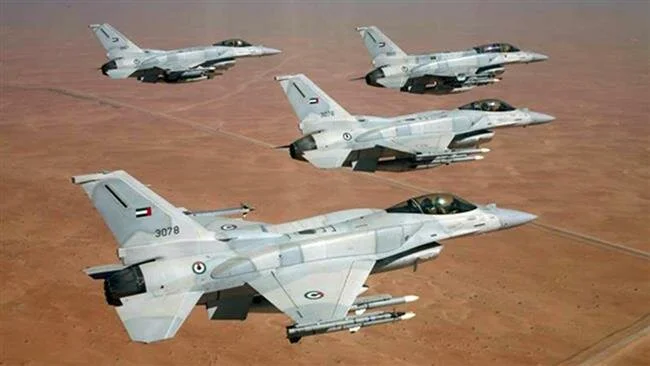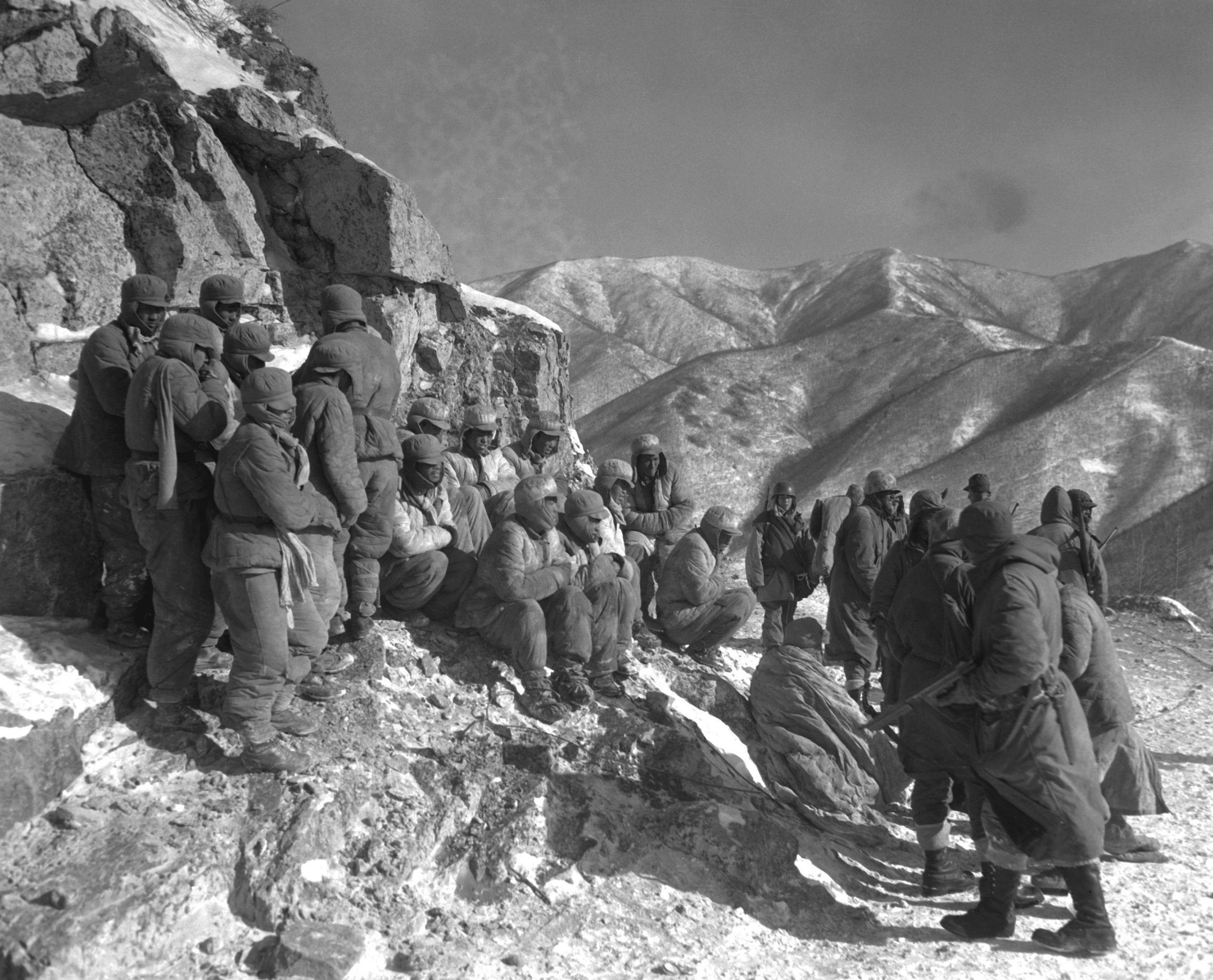One critical ingredient may be required to establish a functioning collective security arrangement in the Middle East: the United States. The most important single factor to NATO’s success in the Cold War was the dedication and contributions by the U.S. in political capital, money, technology, military assets, and diplomacy. Canada, the United Kingdom, or any other member of the alliance could not replace the superpower status of America. Washington's goal of stabilizing the Middle East by creating a pro-American security alliance while significantly reducing its commitments presents a grim dilemma. It will likely prove impossible.
Little Sparta’s Big Ambitions: The Emirati Military Comes of Age
The United Arab Emirates provides a 21st century case-study in how to build a national defense capability. Dubbed “Little Sparta” by former Secretary of Defense Jim Mattis, its growing military presence in the Middle East and Africa are the result of years of dedicated investment and demonstrate ambitions surpassing the federation’s short history.
Failure to Communicate: U.S. Intelligence Structure and the Korean War
Intelligence at all levels is an art form. Sources, corroborating or contradicting information, unknowns, and delays in time all result in varied levels of analytical confidence. Information coming from different means, methods, and areas requires a functioning structure to ensure senior national leaders have the best information to make the decisions. While strategic intelligence drives operations and national goals, military decision-makers—especially in combat zones—rely on tactical intelligence to help win battles. For the Department of the Navy, “tactical intelligence support is the primary focus of naval intelligence.”[1] Marine Corps intelligence also focuses almost exclusively on the tactical level to support Marine Expeditionary Force (MEF) maneuvers since tactical intelligence is, “the level of intelligence Marines need, generate, and use most often.” When strategic missteps occur, tactical intelligence can provide a needed capability to keep front-line forces winning, creating breathing room for new strategic plans. A functioning intelligence structure encompassing all levels of intelligence is needed to enact this goal.




